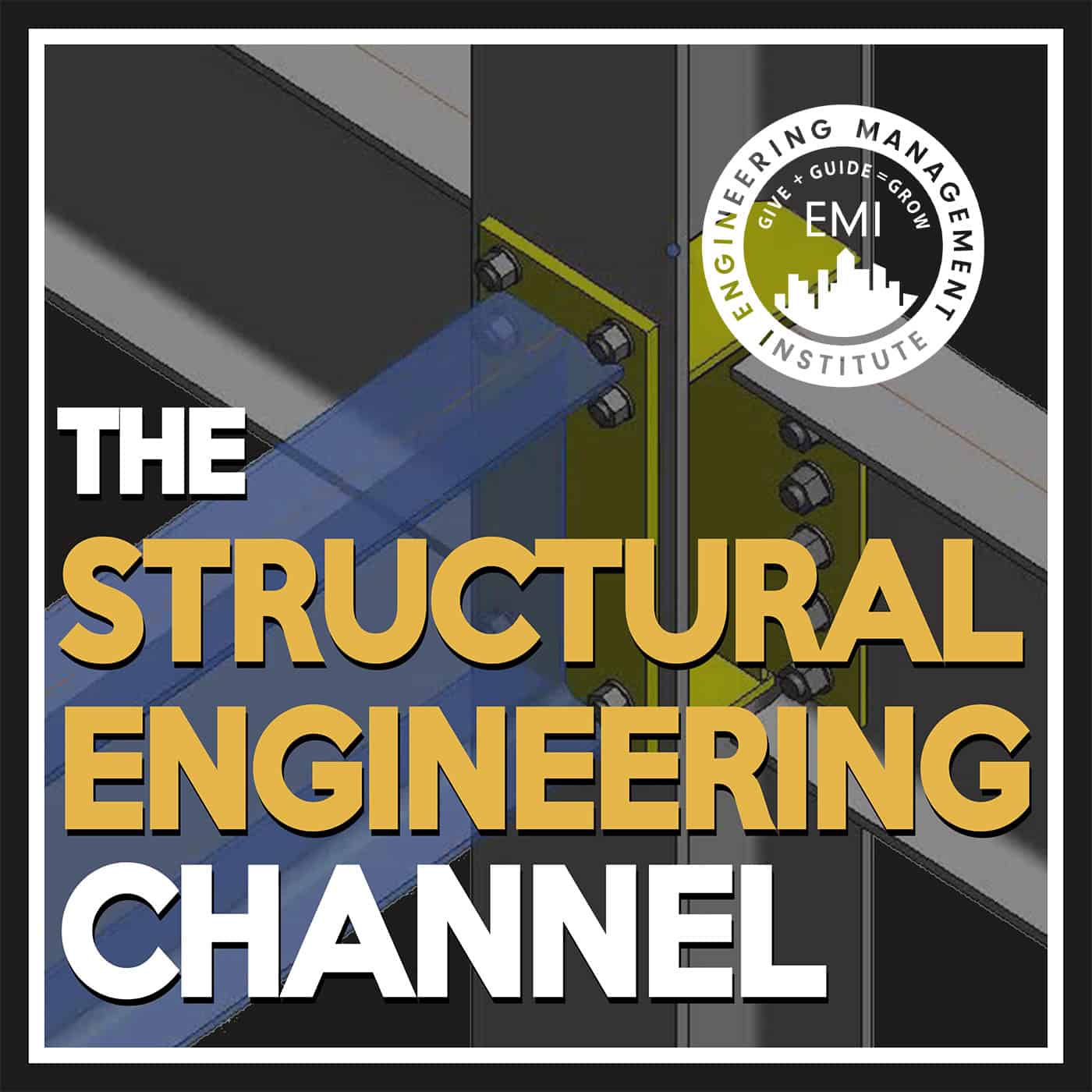How to Revolutionize Infrastructure Resilience With Tech – Ep 141
Description
In this episode, we speak with Farshad Mirshafiei, Ph.D., P.Eng., CEO and co-founder of Sensequake, about how advanced technologies are transforming structural assessments and redefining safety and infrastructure resilience in buildings and critical systems.
***The video version of this episode can be viewed here.***
Engineering Quotes:
Here Are Some of the Questions We Ask Farshad:
What inspired you to start Sensequake, and how has the vision for your company evolved since then?
Why do you think it's important for traditional engineering firms to change how they approach structural assessments and monitoring?
How are your technologies different from traditional structural health monitoring methods, and why are these advancements essential for the future of infrastructure resilience?
Can you share some notable projects where Sensequake’s solutions improved safety or saved costs for clients?
How do you see the structural engineering industry evolving over the next 20 years with the integration of new technologies?
What final piece of advice do you have for engineers to adapt to the changing landscape of structural assessments and advance their careers?
Here Are Some of the Key Points Discussed About How to Revolutionize Infrastructure Resilience With Tech:
Sensequake integrates advanced sensing technologies into structural engineering, enhancing the way buildings and structures are evaluated. The company partners with structural engineers globally, offering solutions that improve safety and efficiency in infrastructure projects.
In industries like automotive and aviation, advanced sensing technologies monitor performance, but buildings often lack these systems. By using data-driven methods and sensors, engineering firms can predict and prevent failures, lower costs, and extend the lifespan of structures, making innovation vital for the future of civil engineering.
Innovative sensors and software from Sensequake provide real-time, detailed analysis of structural health. These tools enable fast, informed decisions on repairs and safety, helping prevent disasters and ensuring long-term resilience against natural hazards and structural aging.
Sensequake's technology plays a crucial role in high-profile projects such as the Parliament and Supreme Court of Canada, the Champlain Bridge, and UC San Diego’s shake table test. These projects benefit from real-time insights that help owners avoid costly repairs and ensure safety by identifying issues early.
The integration of real-world data and new technologies is essential for improving the design and maintenance of structures. Advancements in AI, data analysis, and sensing technologies allow engineers to create optimized designs, with interdisciplinary collaboration driving further innovation in the industry.
Engineers must embrace innovation and adopt new technologies beyond traditional methods. Staying updated on advancements in AI, sensors, and data analysis, and collaborating with other fields, will be critical to staying ahead in the evolving structural engineering landscape.
More Details in This Episode…
About Farshad Mirshafiei, Ph. D., P. Eng.
Dr. Farshad Mirshafiei is an internationally renowned expert in ambient vibration testing, sensing-based structural analysis and structural health monitoring. Farshad serves as CEO of Sensequake and has a Ph.D. in structural engineering from McGill University. During his leadership, Sensequake technologies have been used to assess many landmark buildings and bridges across the USA, Canada, Mexico, and abroad. Farshad has 19 years of experience, having published 20 international journal and conference papers throughout his career and developing a patent for a novel sensing-based seismic evaluation...
More Episodes
In this episode, we talk with Ryan Jeansonne, P.E., civil structural engineer at Titan Delta, who shares powerful insights on mentorship and continuous learning in engineering, inspiring both new and seasoned professionals to take bold, impactful steps in their careers.
***The video version of...
Published 11/14/24
Published 11/14/24
In this episode, I talk with Mark Riffey, CEO of ENERCALC, about his valuable insights on engineering talent retention, implementing strategies to prevent burnout, and successfully navigating the ever-evolving landscape of remote work within the engineering industry.
Engineering...
Published 10/21/24


